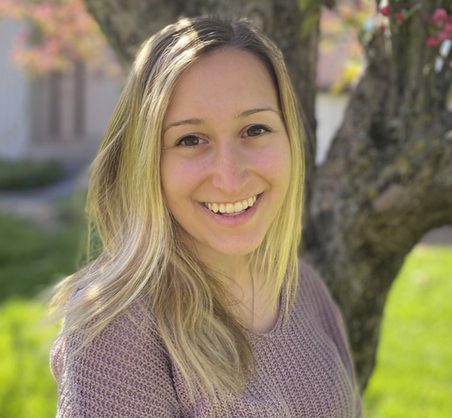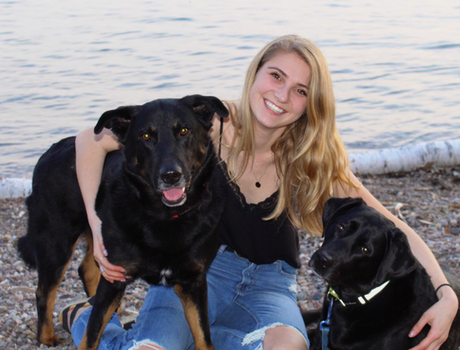Bhumika is a first year Doctor of Osteopathic Medicine (DO) student at Western University of Health Sciences in California. A 2018 graduate, Bhumika studied microbiology and nutrition at UVM. She was extensively involved in Student Government and Living Well, where she played a key role in pioneering the first Fresh Check Day here at UVM. Bhumika was also the only student representative on the Dining Implementation Team, where she represented the student body in discussions regarding meal options within the dining halls.
When discussing why she chose to pursue a career in medicine, Bhumika referenced her Hindu upbringing and described herself as a “very spiritual person” whose experiences had broadened her overall understanding of “health” and the different factors that impact one’s well-being. Bhumika also characterized her passion to “serve the underserved” as a critical component of her decision to pursue a career in the health professions.
Bhumika took three growth years following graduation from UVM, during which time she worked as a medical assistant at the Community Health Center in Burlington. She emphasized that this experience further solidified her passion for medicine. When reflecting on the value of growth years between undergraduate education and medical school, Bhumika also highlighted that it is “important to breathe and be a person” and utilize this time to both gain valuable experience and learn how to best care for oneself.
When asked about her time in medical school thus far, Bhumika replied “I thought I was going to be more anxious and worried.” While she acknowledged experiencing the “content overload” that is characteristic of medical school, Bhumika is also striving to incorporate “yoga, meditation, cooking,” and other activities into her daily schedule. She stressed the importance of making time for non-academic endeavors that bring joy into her life, wisely stating “You have to take care of yourself to take care of other people.”
Bhumika’s parting advice to pre-health students is to not lose sight of the “big picture”. Specifically, she reiterated that the “big picture of medical school is collective healing.” Bhumika also suggests that students “don’t just be pre-med [or pre-health]”, as the connotations of this label can be considerably restricting and stress-inducing. Moreover, Bhumika emphasized that “Being a healthcare professional, or a disciple of medicine, is very important, but it is not all that you are … don’t lose who you are as a person.”





